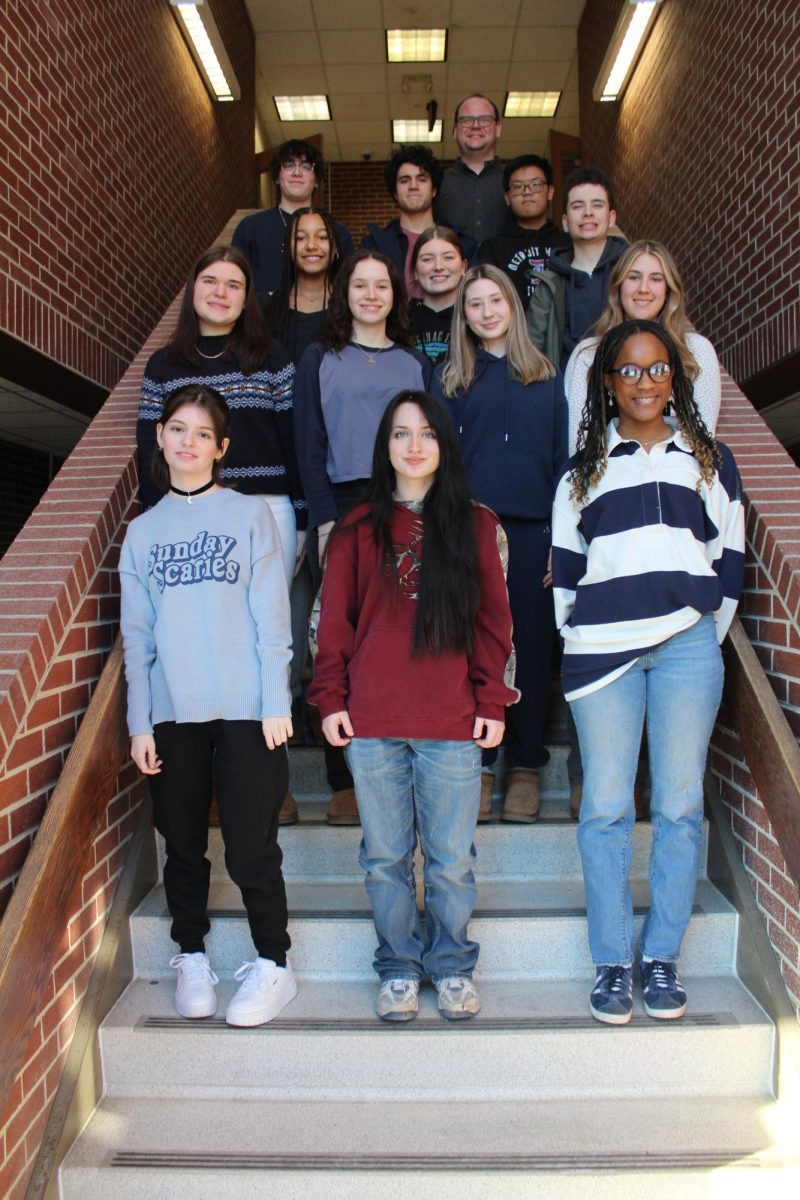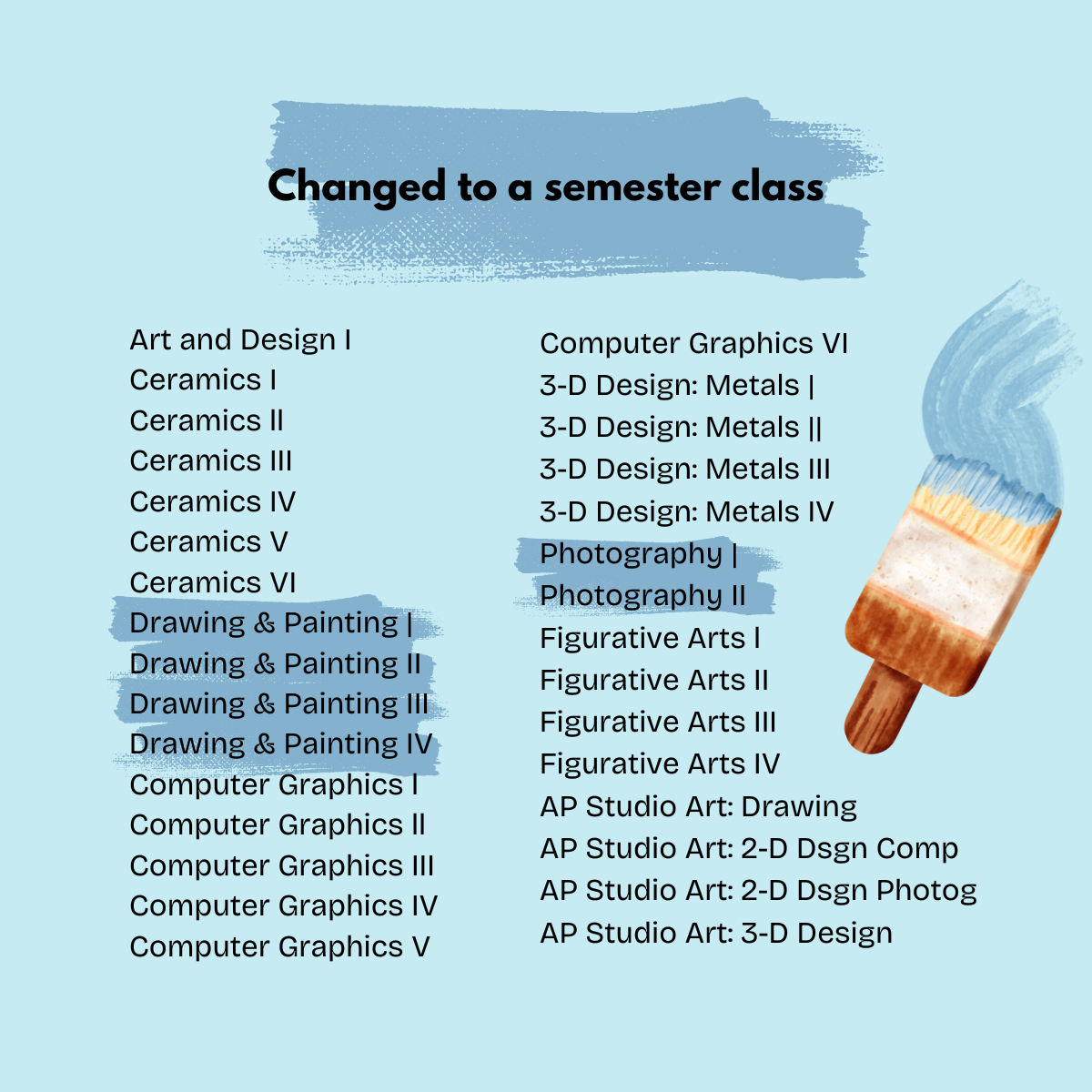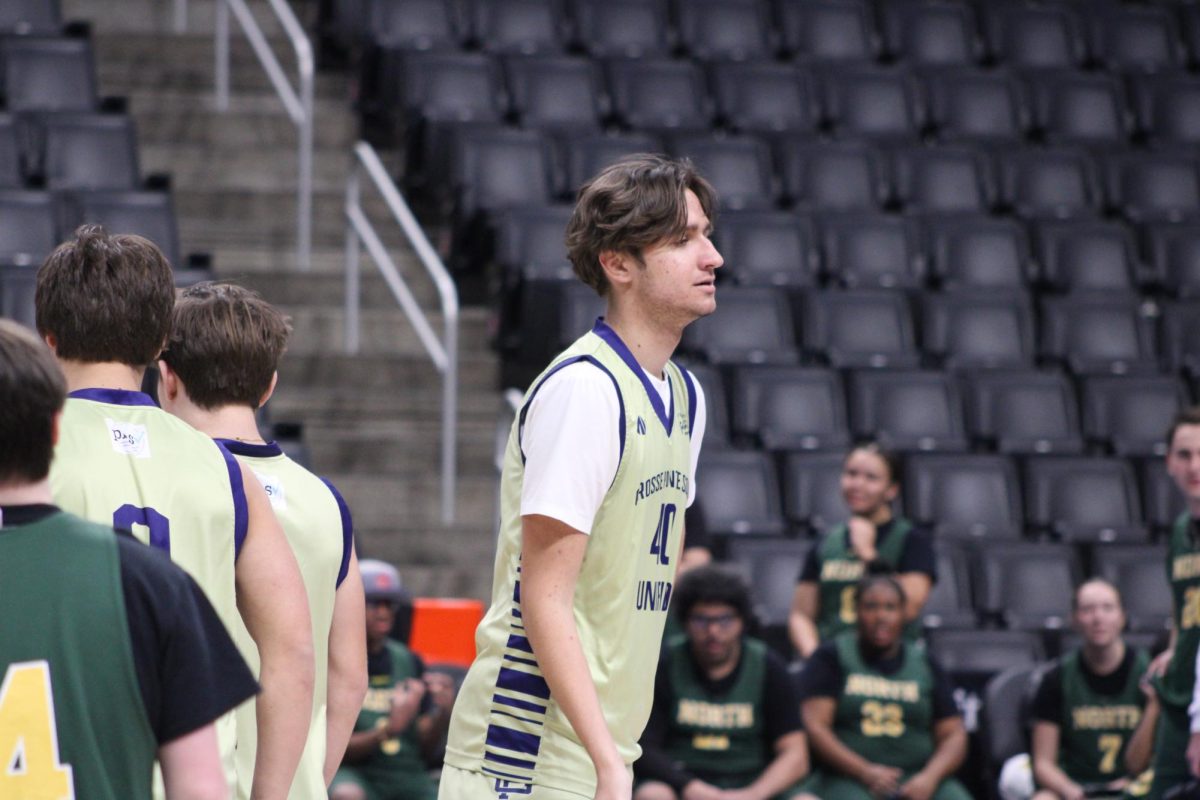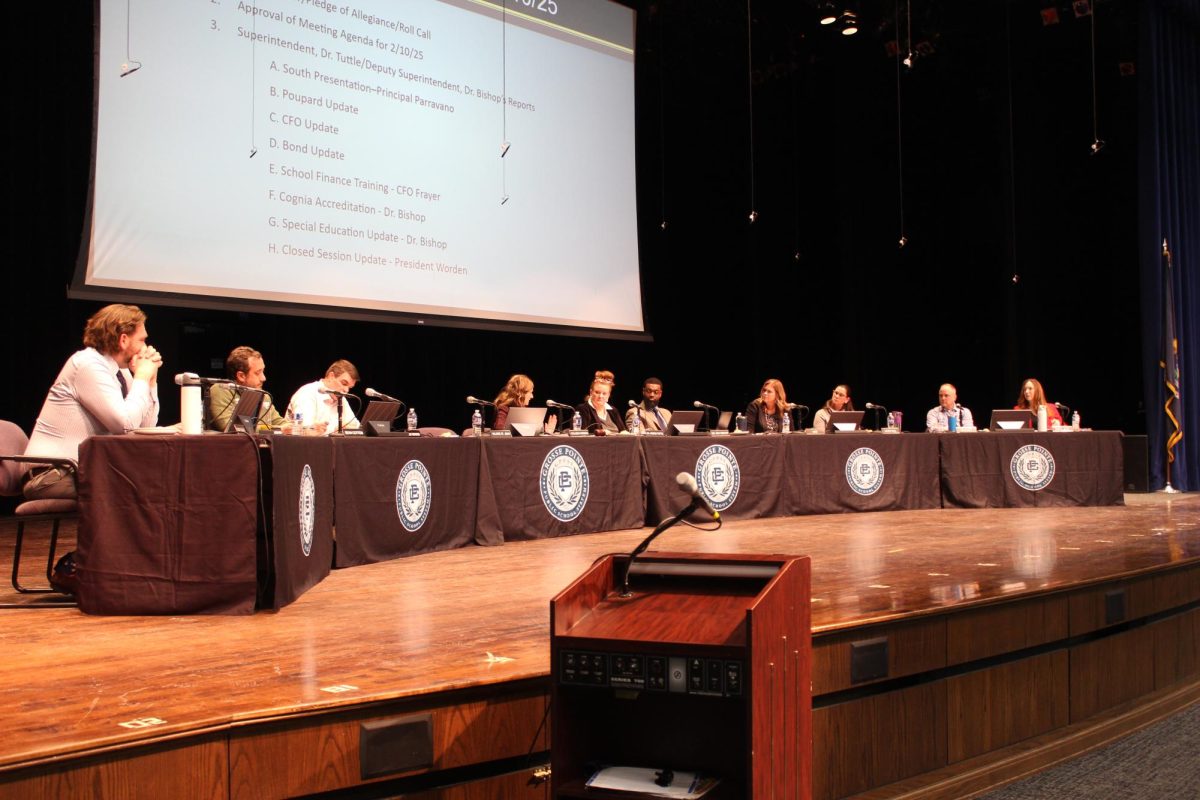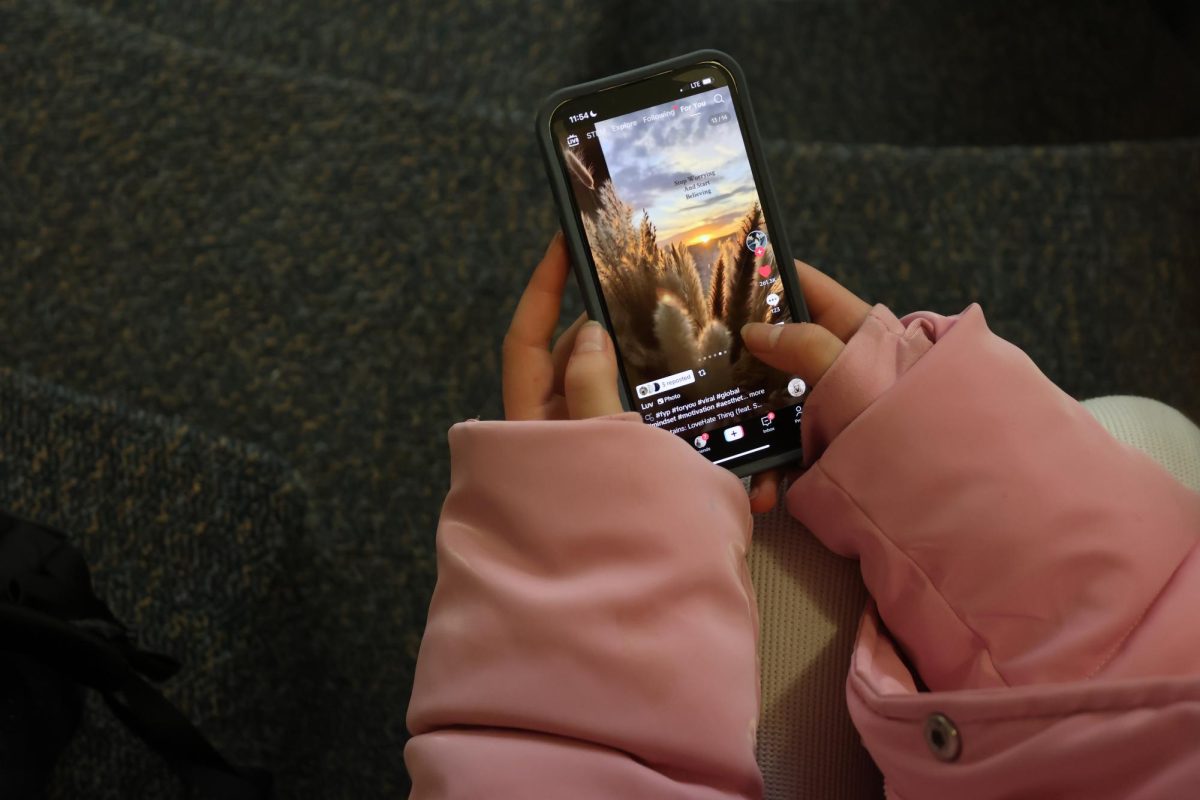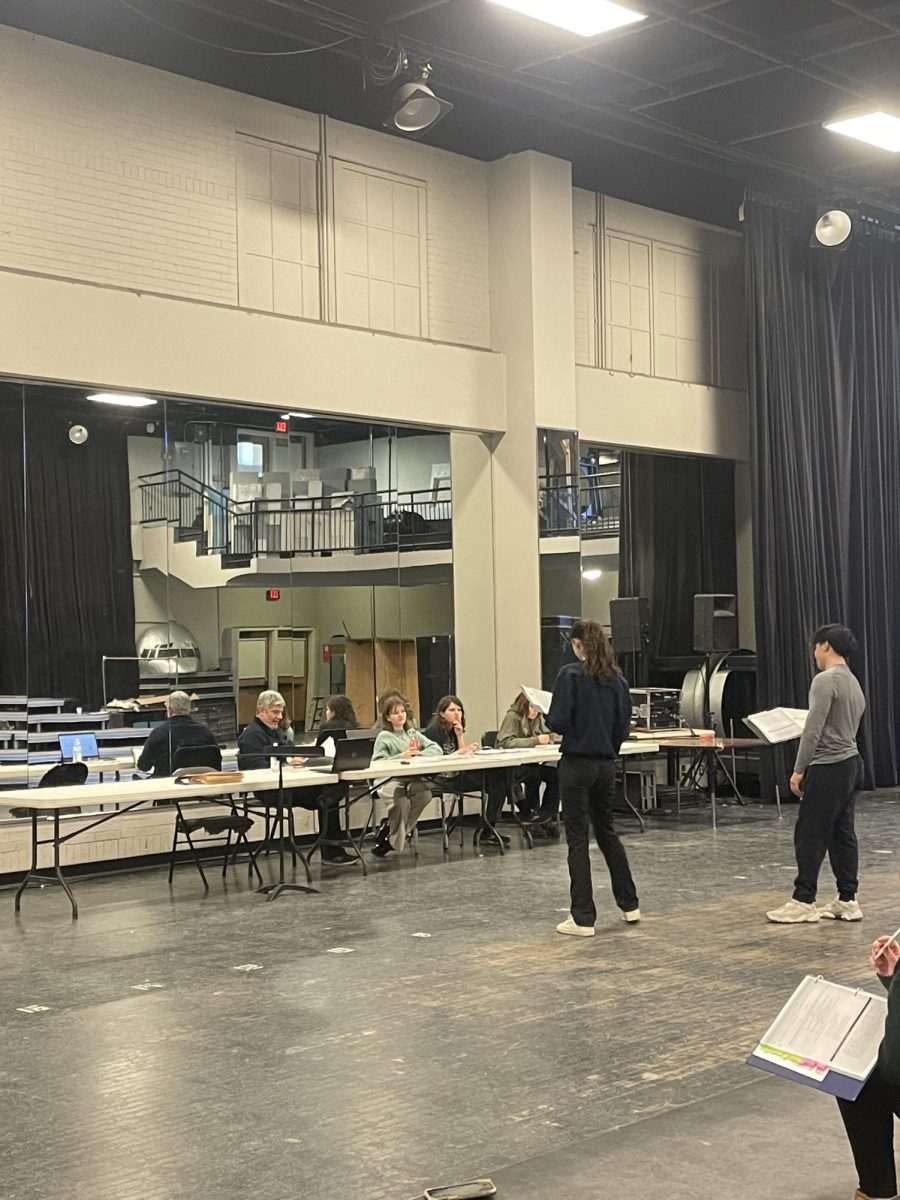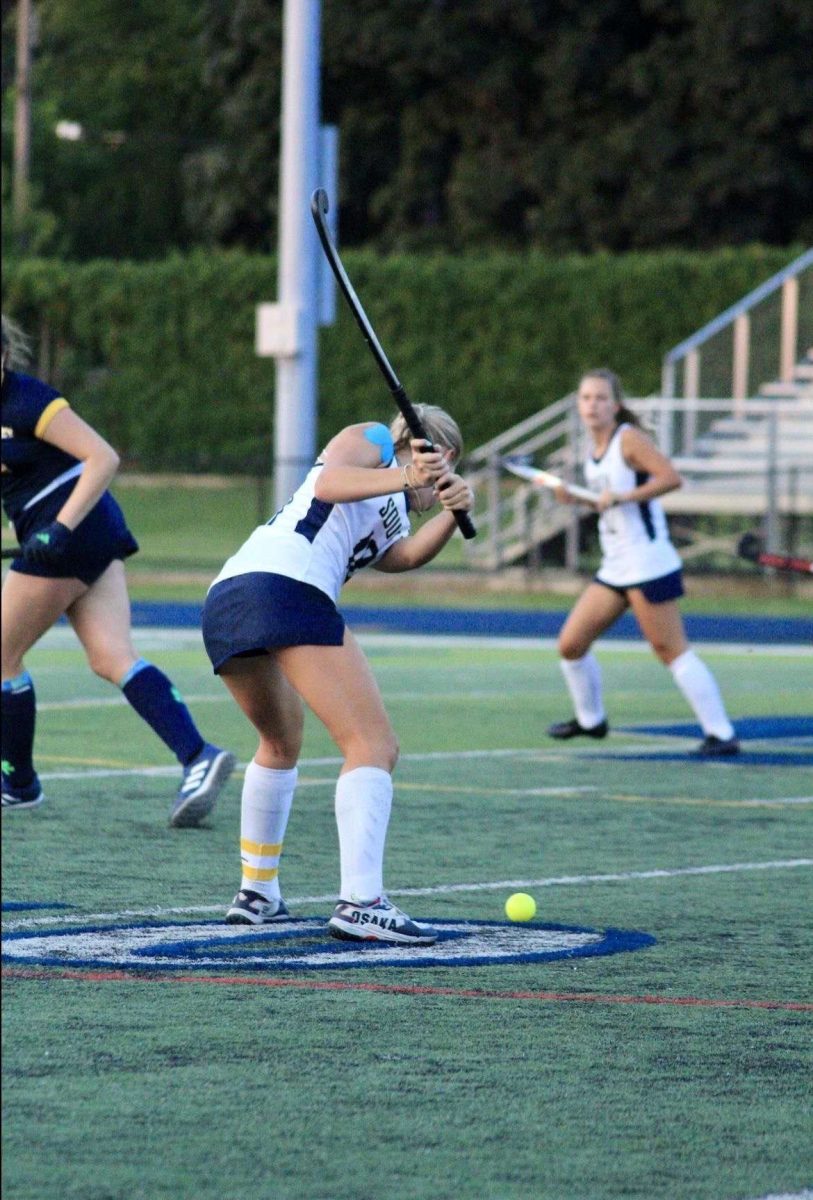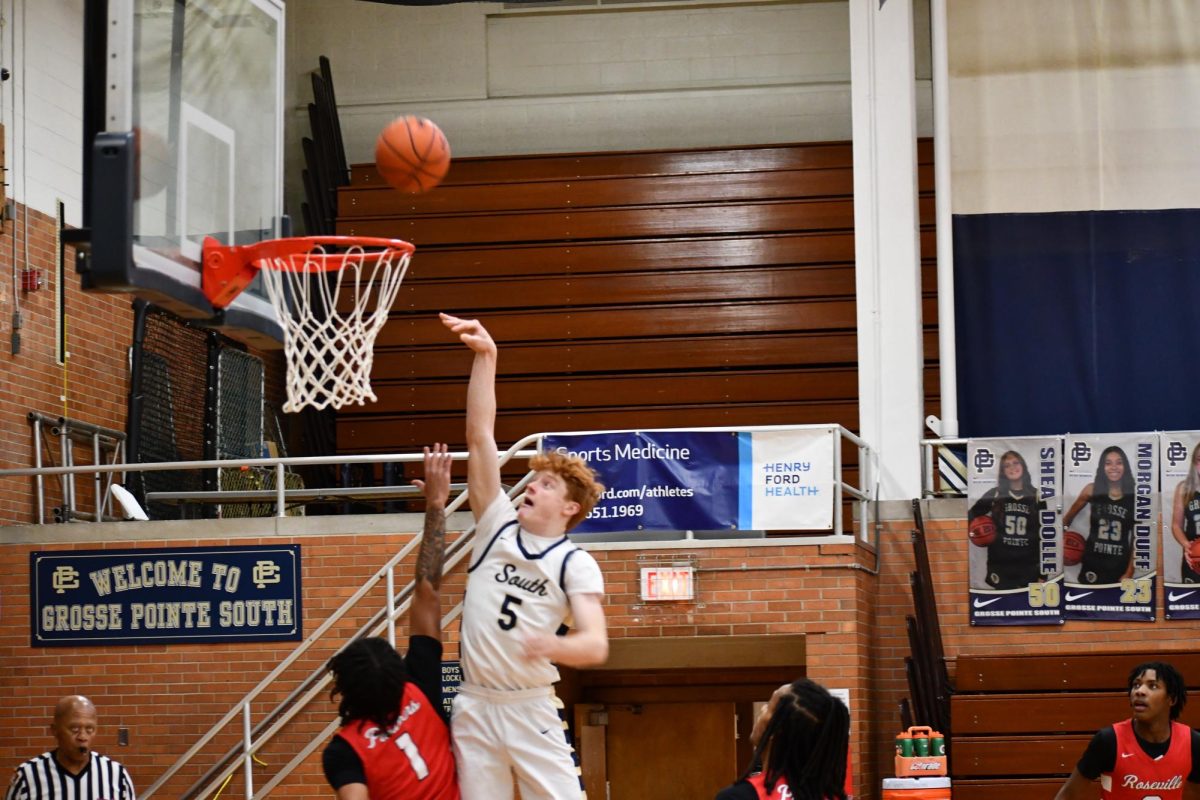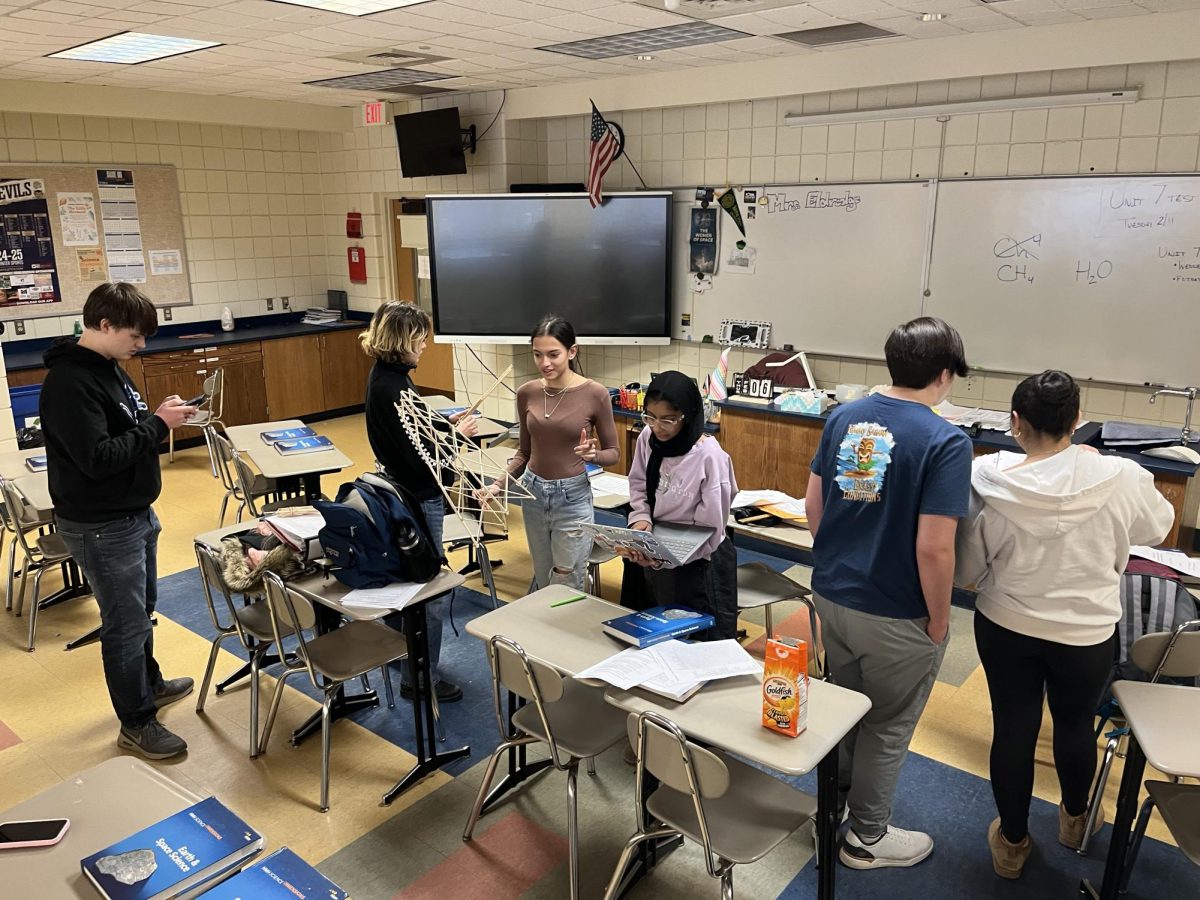By Alexa Lysik ’15 and Jennifer Maiorana ’16 | Page Editor and Copy Editor
Financial Aid Night will be held Thursday, Nov. 7 at 7 p.m. in the Auditorium, Counselor Beth Walsh-Sahutske said.
South will host Financial Aid Night this year as North will host College Night, Walsh-Sahutske said. The two high schools switch off the events each year, and since the nights are sponsored by Grosse Pointe, anyone interested can attend both no matter which school the event is at.
“I think it (Financial Aid Night) is a great opportunity for students in these hard economic times,” said Patrick Jackson ’14. “It gives students an opportunity to reach out for scholarships and financial aid that can help them go to the college they want.”
Since Financial Aid Night mainly focuses on the FAFSA (Free Application for Federal Student Aid), it gives minimum information regarding scholarships, Walsh-Sahutske said. However, it is still beneficial for parents and even students to attend.
“My parents might attend Financial Aid Night for general economic reasons,” said Mikehl Hafner ’15. “Since it costs so much for students to attend out-of-state colleges, a little financial boost does not hurt.”
Ultimately, colleges want students to attend, Walsh-Sahutske said. Colleges look to find a way to help students finance their education so that they can attend that university, whatever way it may be.
“When you look into paying for college, there are two sources of financial aid that you are considering,” said Walsh-Sahutske. “It’s public funding coming from state and federal government, which is all FAFSA related, or private funding which has to do with any private or other organizations.”
Financial Aid Night revolves around public funding, Walsh-Sahutske said. However, it may be common in this area that parents might think they should not apply since their financial status will not qualify them. But Walsh-Sahutske said colleges often think that if one does not ask for any financial aid, then that student simply is not interested.
“Filling out that FAFSA form sort of flips a switch with some colleges,” said Walsh-Sahutske. “They see ‘okay, now this is a family that is interested in funding’ so that triggers them to look at any other private scholarships that they have available to send that family’s way.”
Parents who believe they will not qualify for financial aid might choose not to attend the meeting or fill out the forms, Walsh Sahutske said. This can unknowingly restrict their opportunity for other funding that can happen.
“I would encourage kids to go, because it’s part of a team effort to work through financing education,” said Walsh-Sahutske. “I feel like when kids help put together the cost of going to school then it gives them a better sense of their responsibility as students.”

